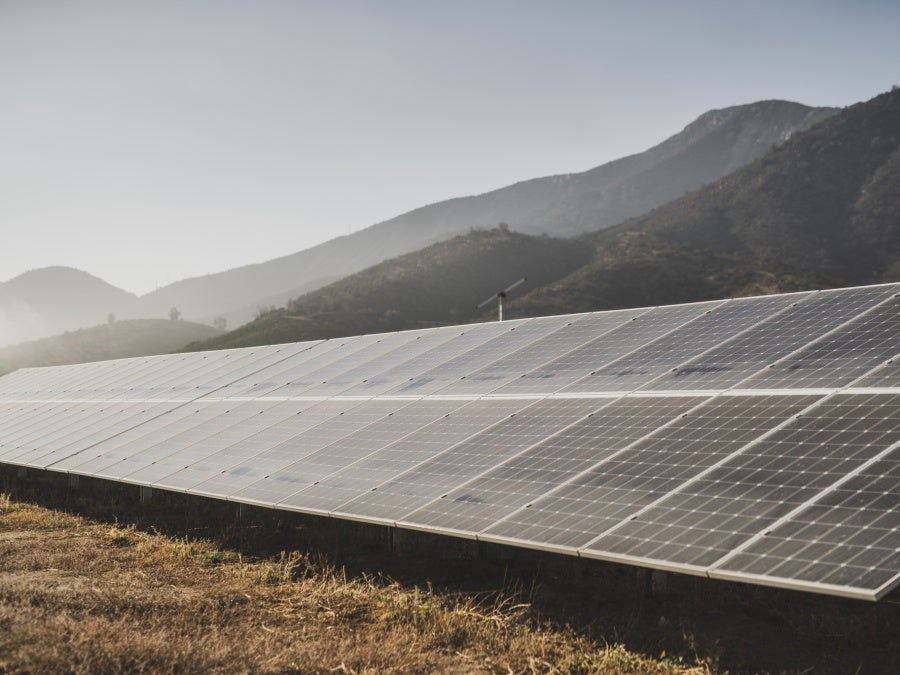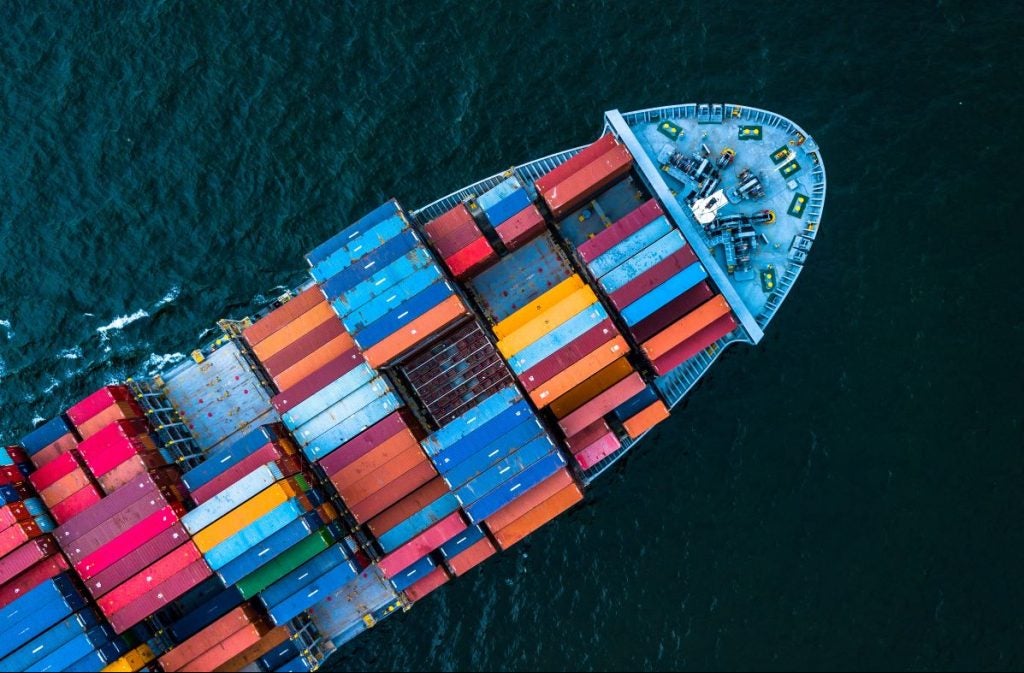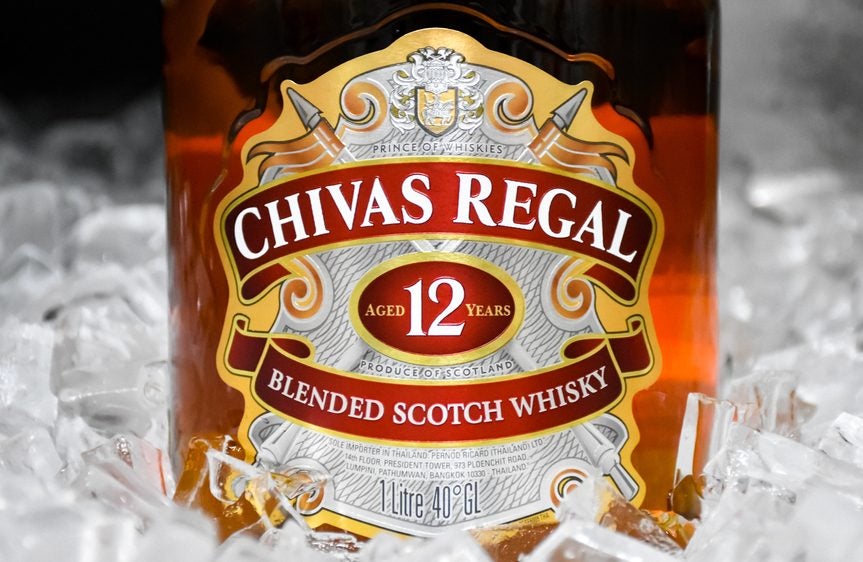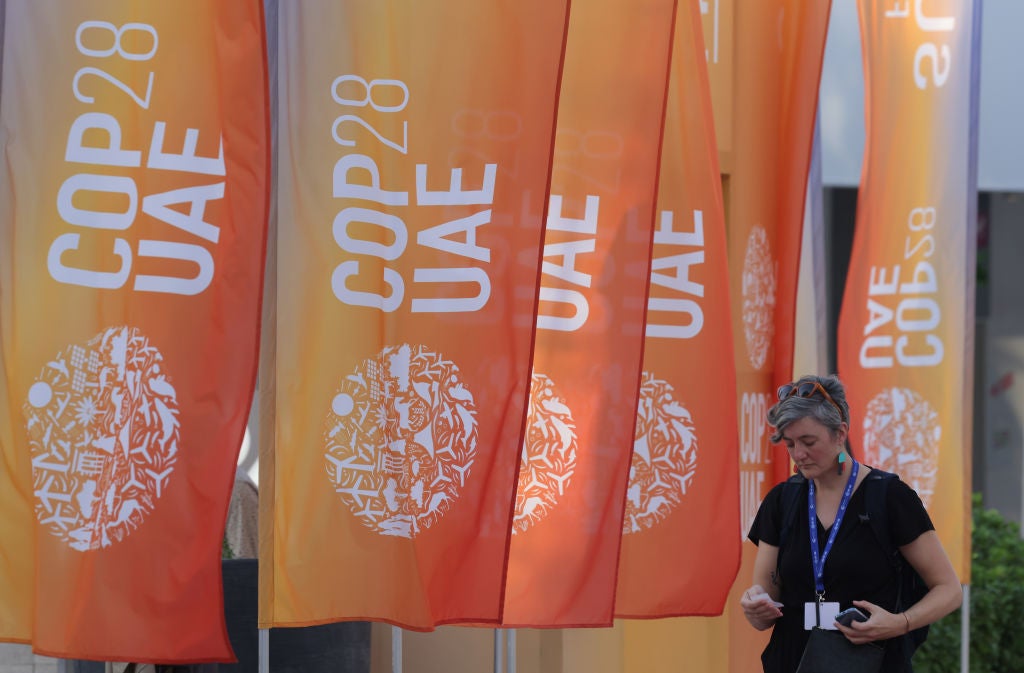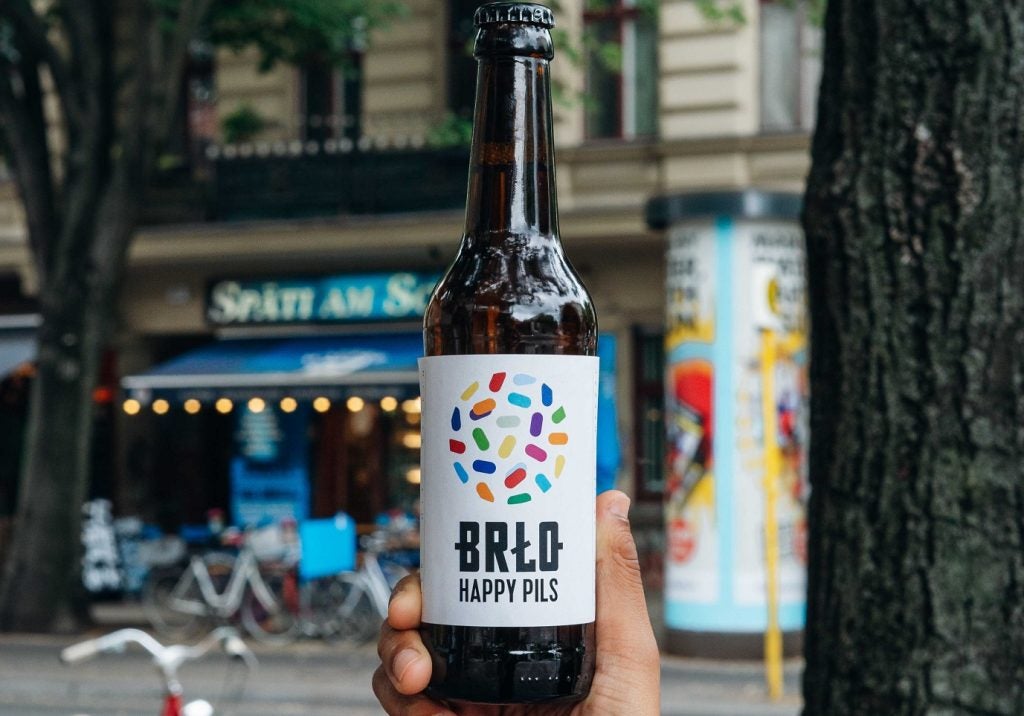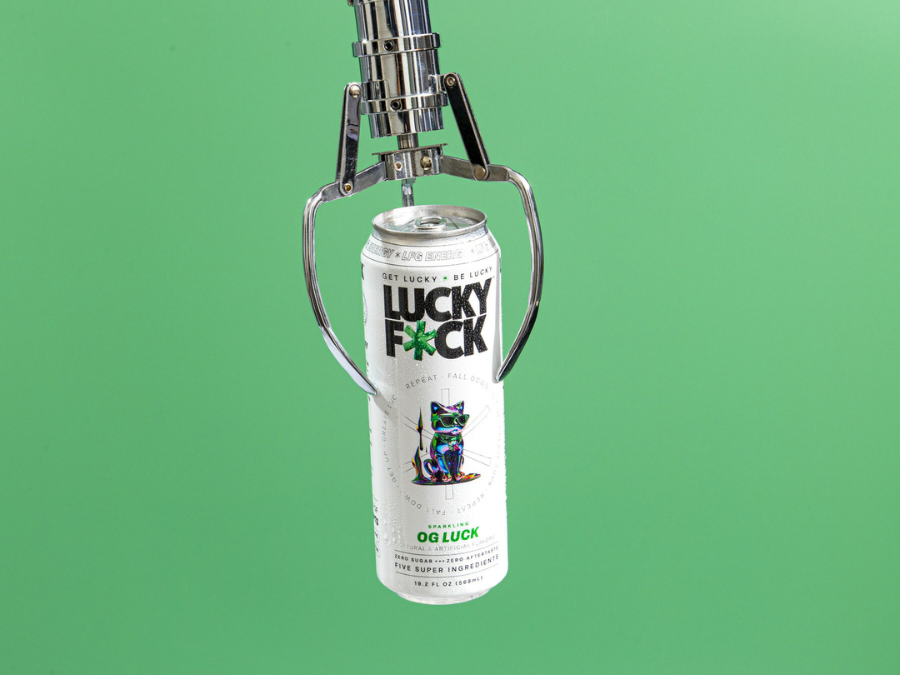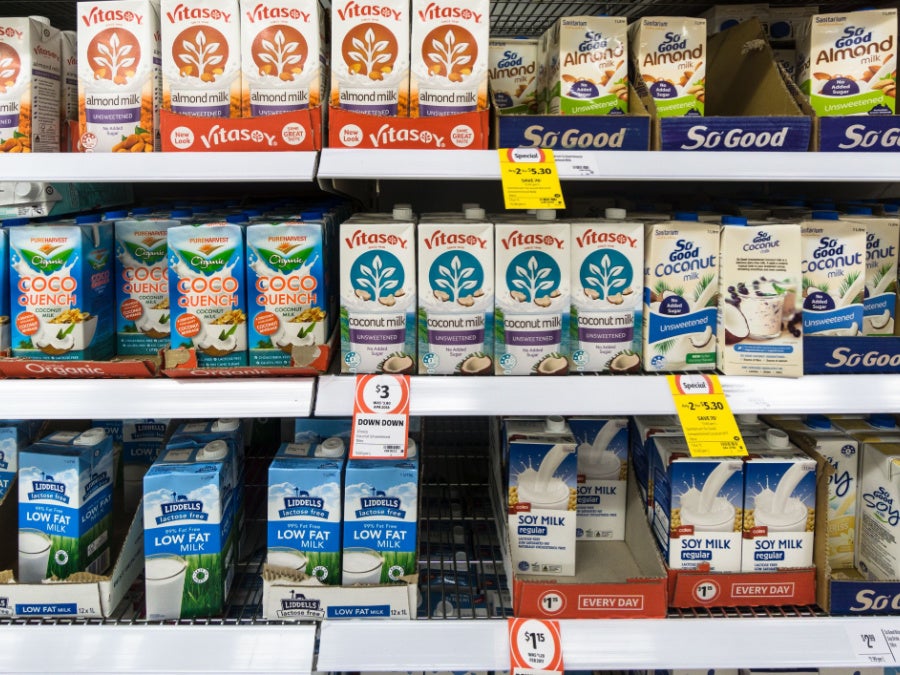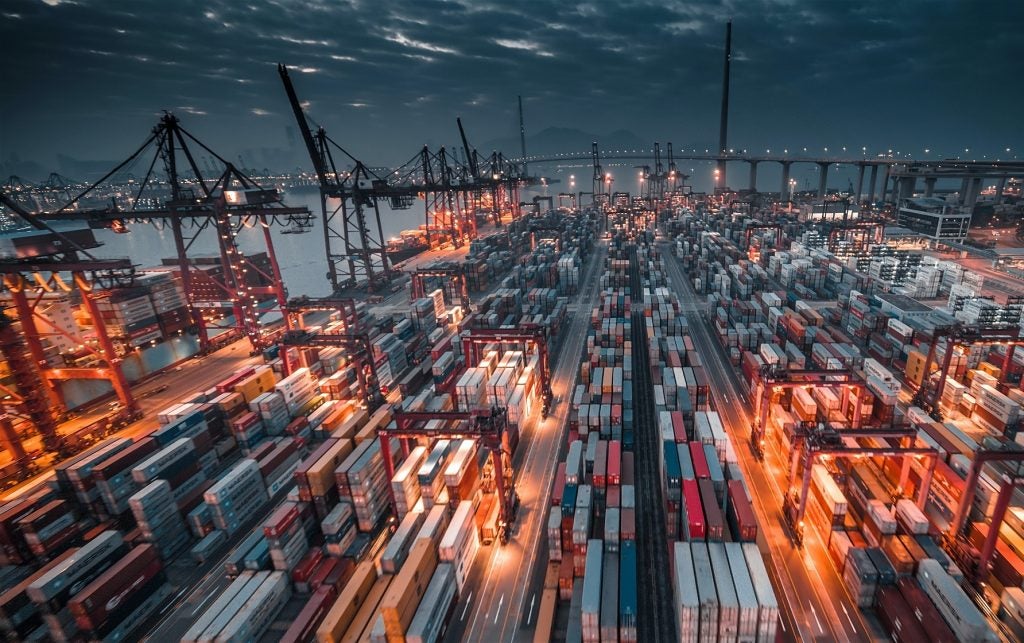Chilean wine group Concha y Toro has brought forward its net-zero target by a decade to 2040, four years after setting its original goal.
Announced at the COP28 climate summit in Dubai today (5 December), the Santiago-headquartered producer and exporter said it reduced its emissions by 35% in the five years to the end of 2022 – data for 2023 is not yet available.
Concha y Toro pledged to reduce Scope 1, 2 and 3 emissions (direct and indirect) by 55% by 2030, and reach net-zero emissions by 2040.
Since 2019, the company has converted to 100% renewable energy, increased its use of bulk shipping and reduced the weight of its glass bottles.
It claims its carbon footprint is 53% lower than the global industry average, according to data from non-profit organisation International Wineries for Climate Action.
Valentina Lira, Concha y Toro sustainability manager, said: “After five years of progress with the Science Based Targets initiative, we thought it was a good time to renew our commitment to reduce our emissions, with the aim of contributing to a more sustainable future. This anticipation of the goal is fully aligned with the company’s strategy.”
Concha y Toro produces and bottles wines in California, Argentina and Chile. In the UK – its largest market – the company’s subsidiary bottles wine domestically through two contractors. It also has “marginal” bottling contracts in other European countries.
Speaking to Just Drinks earlier this year, Concho y Toro export director Thomas Domeyko said the company was looking to increase its use of bulk shipping to reduce carbon emissions.
“To go and bottle in every market is a bit difficult but it’s something we’re analysing,” he said. “It’s not that easy to find a bottler in every market and do the logistics and so on. We have to rethink how we continue to do that in the future.”
He added: “There are many [other] initiatives we’re doing for the carbon footprint. We have gone to lighter bottles in most of our big brands. Casillero Del Diablo is in a much lighter bottle than before – at 470g. All of our entry-level wines are now in lighter bottles as well… But more important than the weight of the bottle for carbon footprint is bulk shipping.”
Concha y Toro owns 12,547 hectares of vineyards across Chile, Argentina and the US. It has 13 sales offices around the world. It became a certified B-Corp in April 2021.
It also built a research and innovation centre in Chile around five years ago to help vineyards cope with an increasingly erratic climate.
Domeyko said: “We’re working on creating better plants for the future that can cope better with water scarcity and managing the vineyard to be less exposed to excessive sun. We’re doing all kinds of experiments with plant genetics, plant management, vineyard management, water management, etc, to cope with this.”
The research centre is open to other wine growers and distributors and Domeyko said: “We try to pass part of this knowledge to the industry to help the whole of the industry as much as possible.”
Damning research in August suggested the beverage industry as a whole was on track to miss 2030 and 2050 emission targets. To regain lost ground, beverage companies need to improve their reduction rate 11-fold, according to analysis by US management consulting firm Kearney.
Despite widespread reporting of Scope 1 and Scope 2 reductions in the food and beverage industry, disclosures of Scope 3 emissions (covering the wider value chain) are often patchy.
A 2022 study of the global top 50 food and beverage companies’ emissions reports found 88% of companies’ total reported greenhouse gas emissions derived from Scope 3 emissions – yet reporting of Scope 3 emissions was “often incomplete and inconsistent”, neglecting (for example) land-use change emissions.
Moreover, the study found “more than a third of reported Scope 3 emissions were not covered by emissions reductions targets of the companies”, meaning between 53 and 77% of emissions go under-reported.


